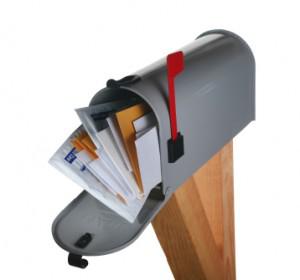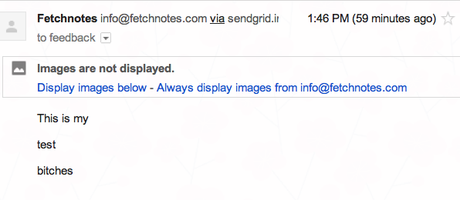 Now that I’m sending out a weekly email, I panic about sending the wrong one or incorrect information or broken links. Today several things happened that brought home the risk of sending emails to a list.
Now that I’m sending out a weekly email, I panic about sending the wrong one or incorrect information or broken links. Today several things happened that brought home the risk of sending emails to a list.
First, my weekly email went out, and I received a response from a subscriber about all the broken links. Mortified, I went back and checked the version I received, and everything worked. I suspect it was something on the recipient’s end as I didn’t hear any other questions or complaints, but a mistake like that could trigger a rash of unsubscribes. Thankfully, this one did not.
Second, a gal I know who puts out frequent email newsletters and messages sent an email about her upcoming webinar. I clicked to attend and arrived at a page about purchasing a product, not a registration for the free webinar. A little while later, the corrected email came through. Again I was reminded of the risks of errors in our emails.
Finally, I received this email from a company called Fetchnotes:

Talk about an error in an email! I can only imagine how mortified the company must have been. A few minutes later, this email apology arrived:

Within the hour, this apology arrived:

While the response wasn’t perfect – sending two more emails after an offending one isn’t ideal – it was swift. And the second email did offer further details.
What the company did absolutely right in the second apology was fully owning up to the error (the first apology took a more light-hearted, joking tone which wasn’t as effective).
We are all moving so quickly, toggling between our emails, our social networks, our work. Before hitting send, we need to take a breath and re-read. Better yet, have someone else read it or at least step away for a moment and come back with fresh eyes.
Other tips to avoid an email faux pas?
- Test links.
- Don’t use foul language, even in test emails.
How do you think Fetchnotes handled this error? Would you have done anything different?

